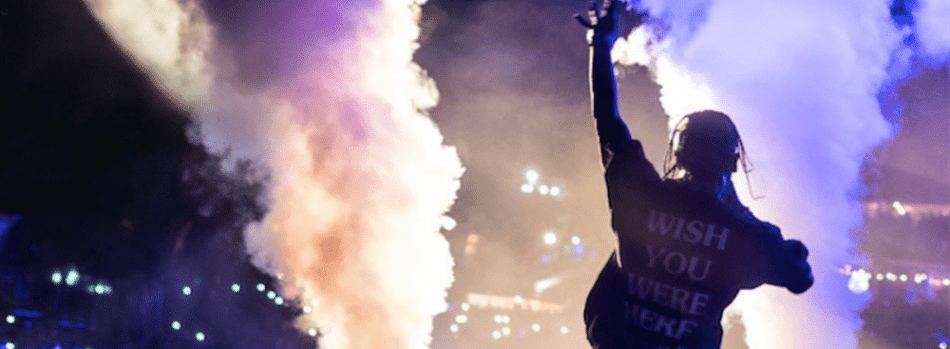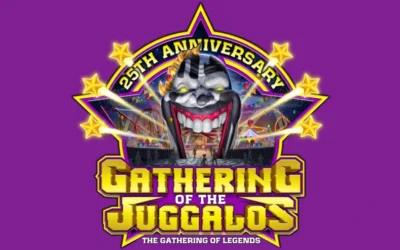Ten concertgoers are dead and scores more were injured on Friday during a crowd crush at Travis Scott’s Astroworld festival in Houston. The event, which took place on the grounds of NRG Stadium, saw around 50,000 attend, and turned tragic when packed audience members got caught in a surge during Scott’s set Saturday.
For promoter Live Nation Entertainment, the tragedy is just the latest of many documented instances of crew members or consumers being injured or killed. Before Friday’s tragedy in Houston, the entertainment giant has seen fines and lawsuits for issues ranging from equipment failures to security lapses, calling into question whether or not the protocols in place were sufficient, or if Saturday’s incident was merely the result of a catastrophic sequence of events that added up to the worst possible scenario.
“It may well be this tragedy is the result of … events and couldn’t possibly have been avoided,” Harris County (Texas) Judge Lina Hidalgo said at a news conference Saturday. “Live Nation had a security plan with NRG Park. Perhaps the plan was inadequate. Perhaps (plans) were good and weren’t followed. Perhaps it was something else entirely.”
According to reports from the scene, Friday’s events unfolded largely due to the type of “festival” admission that the event used. Fans were free to get as close to the stage as they could manage, leading to tightly packed groups of people. Video from early in the day showed people storming through security in an attempt to get to a coveted perch near the stage, including a crush of individuals forming a bottleneck at the entry.
They smoked VIP #Astroworld pic.twitter.com/AYvjKT8VBY
— BMoore (@BrennonMoore34) November 5, 2021
Later, with Scott on the stage, conditions got so tight that some fans struggled to breathe, triggering a panic as many tried to escape the crush.
“Sadly, the music industry hasn’t learned anything,” said Keith Still, a visiting professor at the University of Suffolk who specializes in crowd safety and crowd risk analysis who spoke to the Washington Post about the long history of such events happening at live events. “These disasters highlight the problems that people face in places of public assembly.”
Live Nation is no stranger to scrutiny as the largest entertainment promoter in the world. According to reporting by the Houston Chronicle, the giant was cited 10 times by the Occupational Safety and Health Administration (OSHA) in a three year period from 2016-19.
One incident in 2016 involved fans being hurt in a stampede following singer Gwen Stefani telling audience members on the lawn section of a venue that they were welcome to come fill in empty seats in the reserved area and “fill in anywhere you like” that led to breached security barricades and injuries.
Another incident back in 2011 saw Live Nation settle claims to the tune of $50 million after a stage collapsed at the Indiana State Fair in high winds, injuring scores and killing seven.
Data compiled by Variety indicates that Live Nation has been linked to at least 750 injuries and more than 200 deaths at its events since 2006.
“Live Nation’s history shows its focus on profits over public safety,” says Jason Kafoury, a lawyer who represents a crew member who was injured while working at a 2017 festival at Gorge Amphitheater in Washington that is suing Live Nation.
With lawsuits already being filed regarding the Astroworld fiasco, Live Nation is thus far remaining tight-lipped about the tragedy.
“Heartbroken for those lost and impacted at Astroworld last night,” reads text on an image posted to Twitter by Live Nation on Sunday. “We will continue working to provide as much information and assistance as possible to the local authorities as they investigate the situation.”
— Live Nation (@LiveNation) November 6, 2021
Live Nation Entertainment (NYSE: LYV), which saw its stock surge to record prices after revealing better than expected earnings from Q3 2021 last week, has dipped only slightly thus far in the wake of the Astroworld tragedy. As of Monday afternoon, it stood at approximately $117.60 per share, down $5 from its close at $123.79 Friday, but still nearly 15% above its pre-earnings mark of $108 on Thursday of last week.




